Introduction
The ongoing debate over Iran’s nuclear program has once again taken center stage in global politics. Former U.S. President Donald Trump recently declared, “Iran cannot have a nuclear weapon,” reigniting discussions about Tehran’s nuclear capabilities and the potential ramifications for international security. The statement follows mounting concerns from Israel, the United States, and other Western allies over Iran’s uranium enrichment activities. But the critical question remains: Is the world heading toward peace through diplomacy, or is an armed conflict on the horizon?
1. U.S. and Iran: A Decade-Long Power Struggle
Since the withdrawal of the United States from the Joint Comprehensive Plan of Action (JCPOA) in 2018, tensions between Washington and Tehran have fluctuated. The Trump administration’s “maximum pressure” campaign aimed to cripple Iran’s economy through severe sanctions, pushing Tehran to negotiate a new nuclear agreement. However, Iran responded by gradually reducing its compliance with the deal, increasing its uranium enrichment to near weapons-grade levels.
With President Biden’s administration attempting to revive the JCPOA, and Trump making it clear that he would take a harder stance if he returns to power, the future of U.S.-Iran relations remains uncertain. Will diplomacy triumph, or will these longstanding adversaries inch closer to military confrontation?
2. Israel’s Stance: A Matter of Survival?
Israel has consistently viewed Iran’s nuclear ambitions as an existential threat. Prime Minister Benjamin Netanyahu has repeatedly warned that a nuclear-armed Iran would destabilize the Middle East. In response, Israel has carried out cyberattacks, assassinated key Iranian nuclear scientists, and launched airstrikes against Iranian-linked facilities in Syria.
With Trump once again voicing his opposition to Iran’s nuclear program, Israel is likely to feel emboldened in its aggressive stance. The key question is whether Israel will act unilaterally, carrying out preemptive strikes, or whether diplomatic channels will prevent further escalation.
3. The European Dilemma: Mediators or Bystanders?
The European Union has played a crucial role in keeping diplomatic channels open between Iran and the West. France, Germany, and the United Kingdom have repeatedly urged both sides to return to the negotiating table. However, with Iran’s continued nuclear advancements and Israel’s firm opposition, European leaders face a difficult balancing act.
The EU must decide whether to take a tougher stance on Iran by enforcing additional sanctions or to continue pushing for a revised nuclear deal. Can Europe maintain its role as a neutral mediator, or will external pressures force it to pick a side?
4. China and Russia: Strategic Allies or Opportunistic Players?
While the U.S. and Israel view Iran’s nuclear ambitions as a direct threat, China and Russia have adopted a different approach. Both nations have increased trade with Iran, providing economic lifelines despite U.S. sanctions. Russia, in particular, has expanded its military ties with Tehran, supplying advanced weaponry and technology.
China, on the other hand, has secured long-term oil contracts with Iran, making it a crucial player in Tehran’s economic survival. Given their growing influence, can China and Russia use their leverage to de-escalate tensions, or will they use the crisis to further challenge Western dominance?
5. Iran’s Perspective: Peaceful Energy or Hidden Agenda?
Iran has repeatedly insisted that its nuclear program is intended for peaceful energy purposes. Supreme Leader Ayatollah Ali Khamenei has even issued a religious fatwa against nuclear weapons. However, intelligence reports from multiple agencies suggest that Iran’s uranium enrichment activities have surpassed the limits set by the JCPOA, raising suspicions about its true intentions.
Iran faces a pivotal decision: comply with international demands and lift economic sanctions or continue its nuclear advancements at the risk of military confrontation. With Trump’s recent statement echoing past rhetoric, Tehran must decide whether to engage in diplomacy or brace for further escalation.
Conclusion
As Iran’s nuclear ambitions remain a focal point of global geopolitics, five major power struggles shape the world’s response. The U.S., Israel, the EU, China, and Russia each play a crucial role in determining whether diplomacy will prevail or if the situation will spiral into conflict.
With Trump reiterating his firm stance against a nuclear Iran, the world must now consider: Will 2025 be the year of peace and stability, or are we witnessing the early stages of a major global conflict?
Also Read-
2. 5 Powerful Reasons Why Saudi Arabia’s Stance on Israel Will Reshape Middle Eastern Diplomacy
3. U.S. Military Plane Deporting 205 Indians Lands in Punjab: Key Takeaways

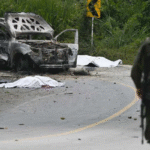
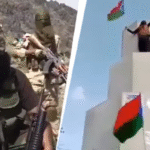

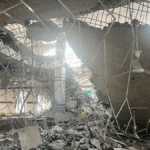



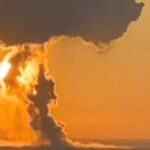
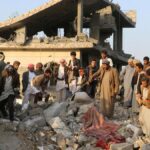

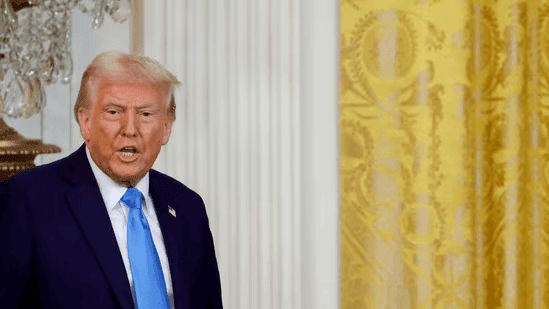
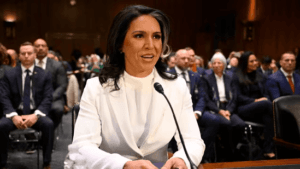
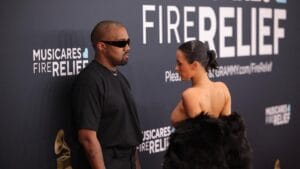
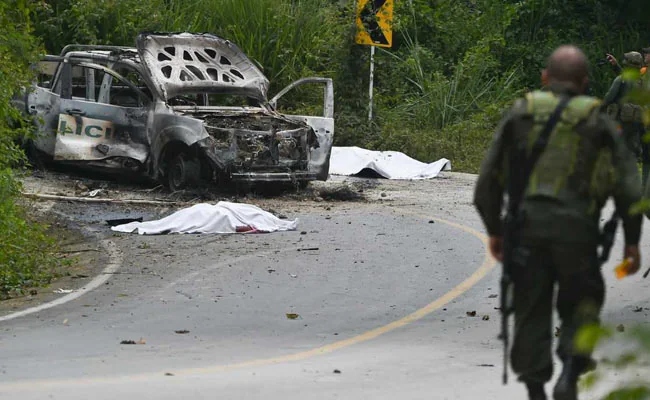
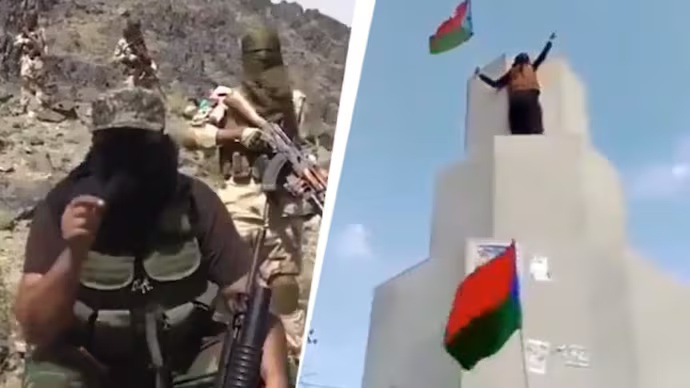
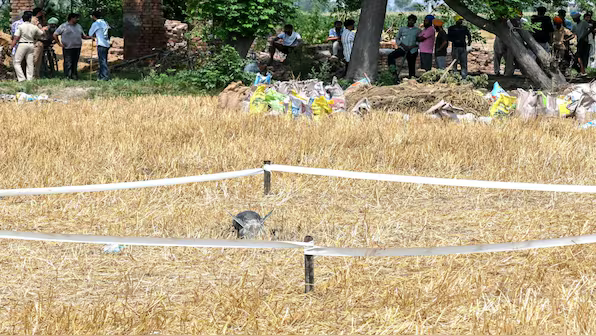
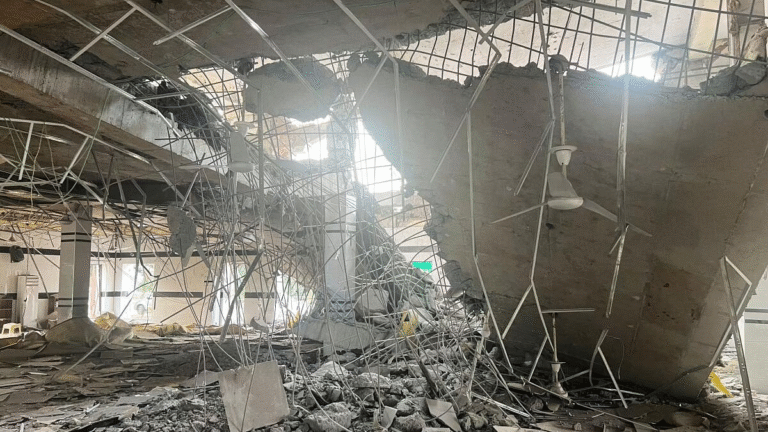
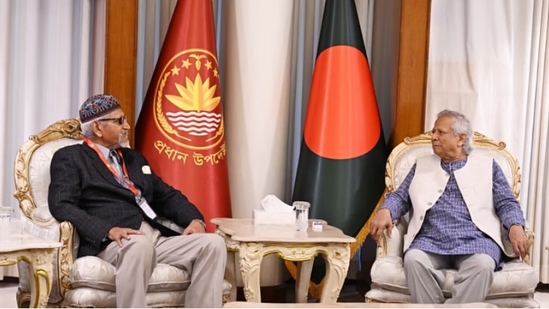
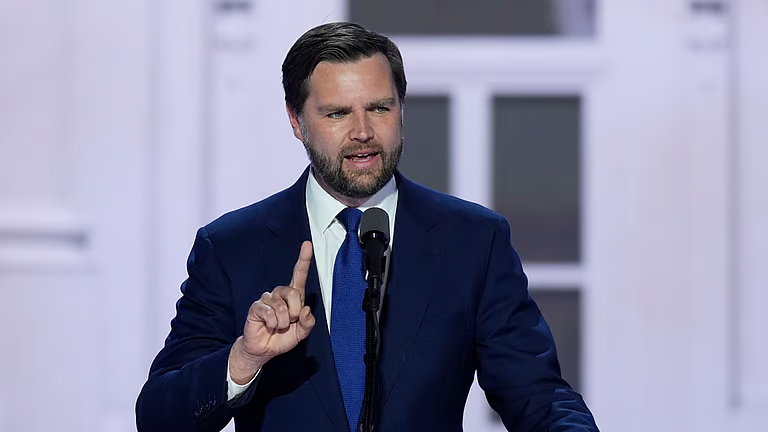
One thought on “5 Global Power Struggles Over Iran’s Nuclear Ambitions: Is Peace Possible or Conflict Inevitable?”